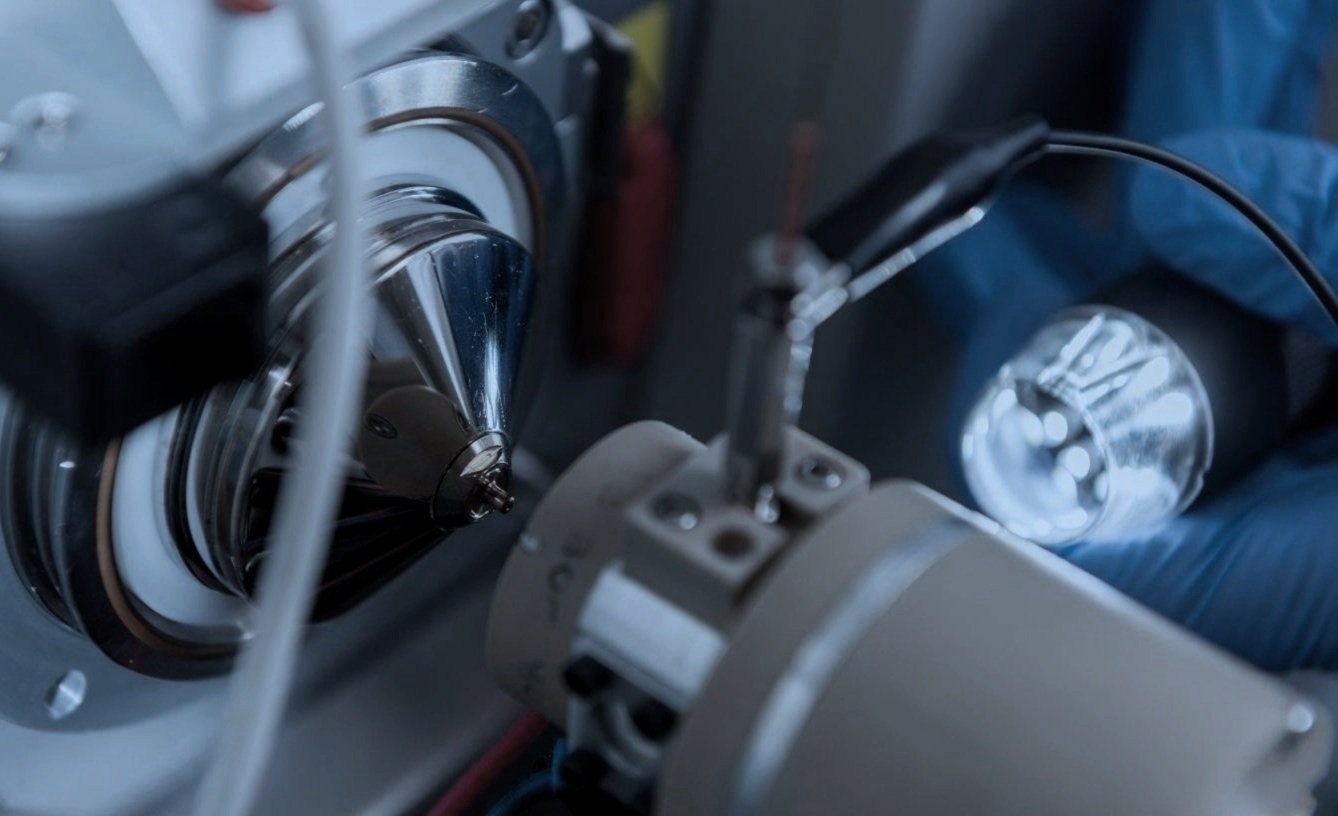
CHROMATIN | PROTEOMICS | AGING
RESEARCH OVERVIEW
Welcome to the Tvardovskiy Lab at the University of Pennsylvania. Our work bridges chromatin biology and proteomics, with a major focus on two areas:
(i) exploring the molecular mechanisms underlying lifelong epigenetic regulation of genome functions in mammalian organisms, and
(ii) developing mass spectrometry-based approaches for in-depth quantitative analysis of chromatin proteins and histone post-translational modifications at subnuclear and single-cell resolution.
We are particularly interested in understanding how changes in chromatin organization over time contribute to aging and genomic misregulation. By combining cutting-edge proteomic approaches with genomics, biochemical, and gene editing tools, we aim to provide mechanistic insights into longstanding questions, such as:
How do epigenomes and chromatin-associated proteomes of mammalian cells change throughout life?
How do these changes affect genome functions and contribute to age-related decline and pathologies?
What are the underlying causes of epigenetic changes with age?
Our overarching goal is to identify the factors that drive deleterious epigenetic aberrations during aging and to dissect pathways that can be manipulated to extend a healthy human lifespan (read more).
NEWS
09/2024: We are recruiting motivated and passionate individuals at all levels, including:
- research technician (job ad coming soon)
- PhD students (3 open positions, next rotation starts in March 2024)
- post-doctoral fellow (1 open position, open until filled).
Are you excited about the opportunity to learn, apply, and develop cutting-edge proteomics methods and take on ambitious projects to tackle fundamental puzzles in chromatin and aging biology? Join our team! We welcome applicants from all backgrounds and strive to provide a supportive environment that fosters professional and personal growth (more information and instructions on how to apply here).
07/2024: Two research highlights featuring MARCS - the Modification Atlas of Regulation by Chromatin States - are out in Nature Reviews Genetics (link) and Epigenomics (link). MARCS is an interactive web resource designed to offer actionable insights into chromatin regulatory circuits by addressing key questions like which modifications a particular protein recognizes and what the bona fide readers of specific modifications are. Learn more by visiting MARCS (link) and reading our recent research article (link).
04/2024: Andrey Tvardovskiy is thrilled to announce that he will be joining the University of Pennsylvania as an Assistant Professor in the Department of Biochemistry and Biophysics, as well as a core member of the Epigenetics Institute in January 2025. Stay tuned for updates!